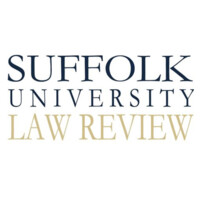
YRB Magazine
YRB Magazine is a lifestyle publication that focuses on fashion, music, art, and related cultural subjects. Constantly ahead of the curve when it comes to trendsetting style, YRB connects readers with the freshest developments that impact the dynamic culture we report on. We strive to maintain a global viewpoint, looking beyond borders to find topics to inspire our readers, resulting in a magazine that is both unique and informative.






